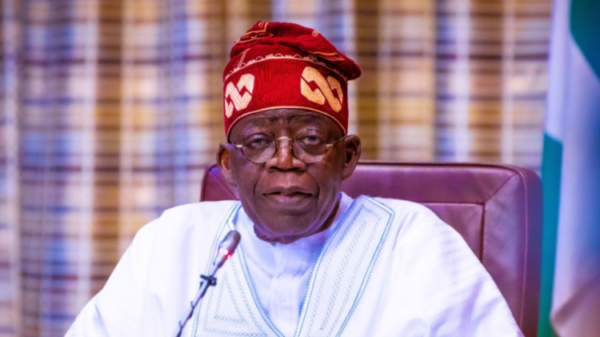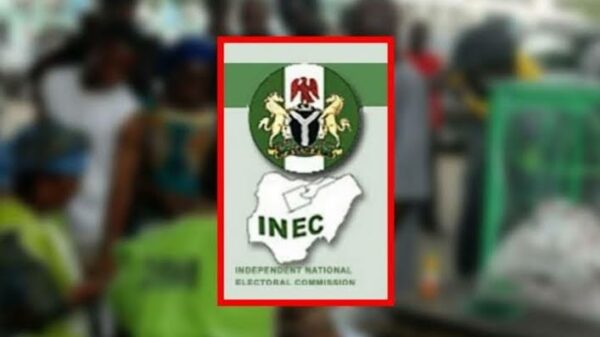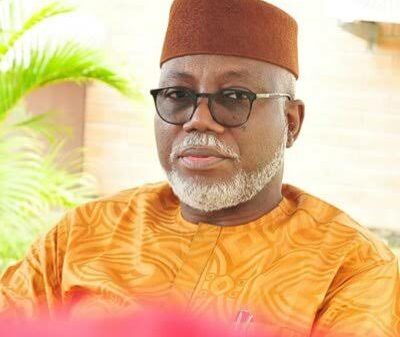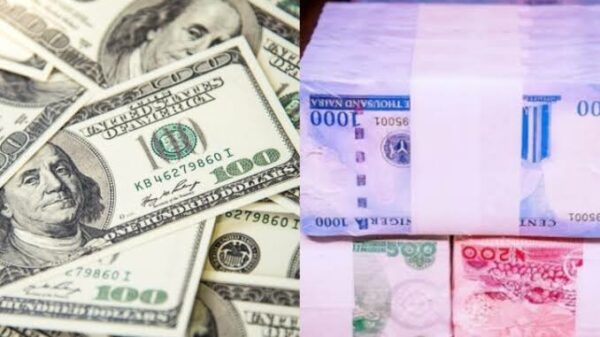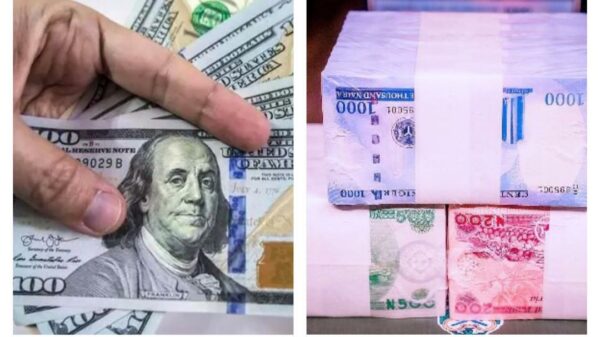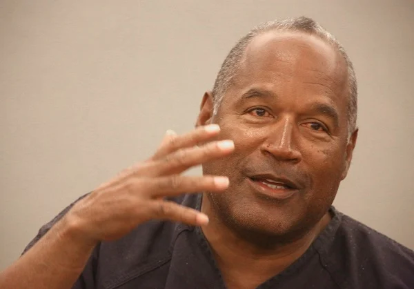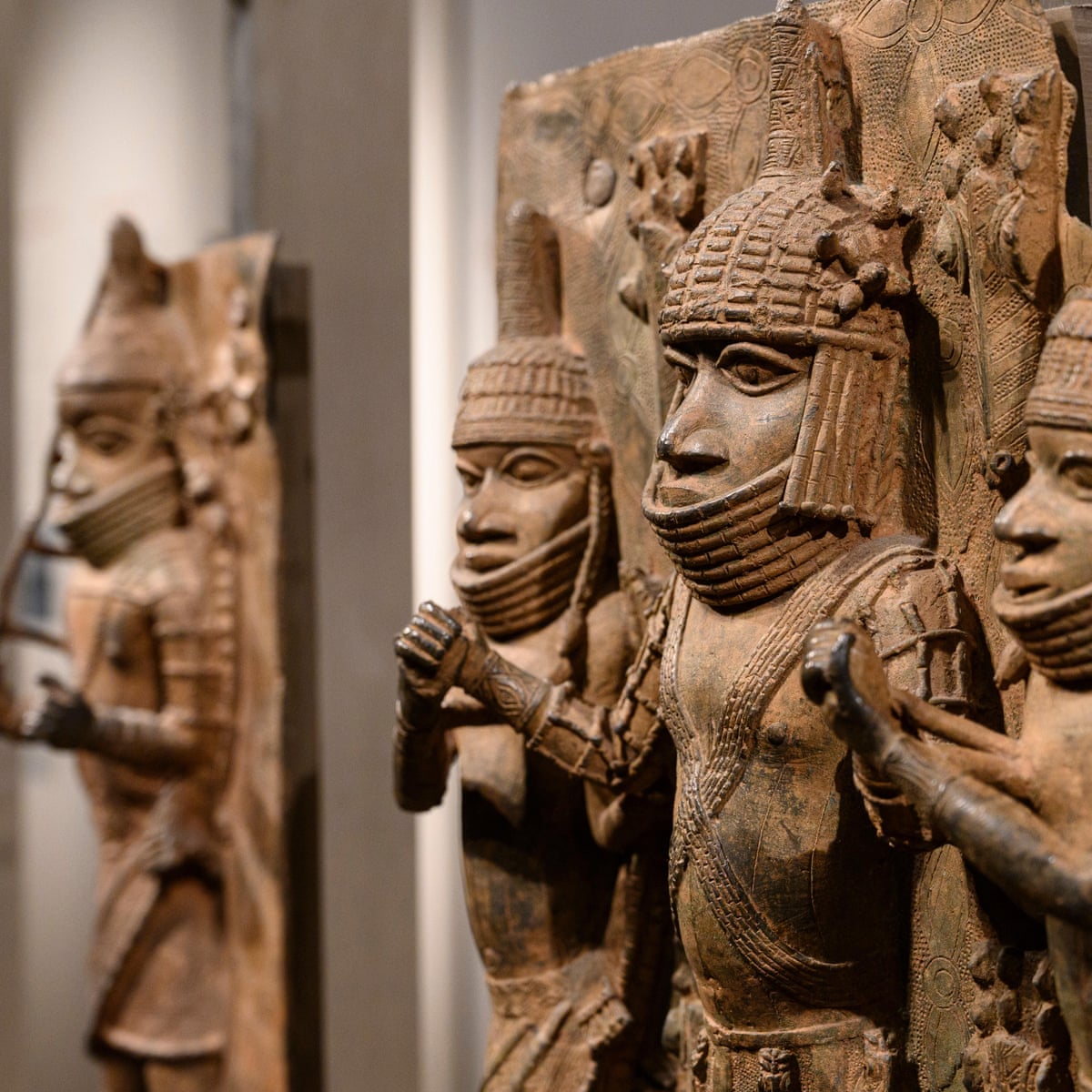Following the records of missing artifacts, the Government of the United State of America has signed an agreement with the Federal government of Nigeria.
Gatekeepers News reports that the United State of America has signed an agreement with the Federal government of Nigeria to prevent illicit export of Nigeria’s archeological and ethnological materials.
The agreement was signed by the Minister of Information and Culture, Alh. Lai Mohammed on behalf of Nigeria, while US Ambassador to Nigeria, Mary Bethlonard signed on behalf of the USA, in Abuja.
Speaking at the ceremony, the United States Ambassador to Nigeria, Mary Bethleonard said Nigeria’s cultural property have continued to be subject to the threat of pillage, destruction, and loss due to excavation, criminal activity, natural disasters, and subsistence digging.
She said museums in Nigeria lost over four hundred heritage items between 1969 and 1999, including Ife and Benin bronzes, and Nok and Owo terra cotta, wood and ivory sculptural pieces.
The US Ambassador said the agreement would offer an opportunity to both parties to learn from the past mistakes and to preserve Nigeria diverse cultural heritage.
‘‘Today’s agreement will facilitate more robust collaboration of U.S. and Nigerian federal law enforcement and border control agencies whose mission is to identify, intercept, repatriate, and protect cultural property and related heritage works. Their efforts advance our shared interests in combating transnational criminal networks and terrorist organizations that profit from the illicit trade of these sacred objects.
‘‘This agreement will promote further the exchange of archaeological materials for scientific, cultural, and educational purposes, including long-term loans of such materials with the aim of increasing public awareness of Nigeria’s cultural traditions. Returning to the example of Iroko tree, the Yoruba have a tradition that prohibits the cutting of the Iroko tree which today we better understand for its ability to conserve valuable topsoil and store carbon in the ground.’’
‘‘The United States has established bilateral agreements like this one with other countries on the continent. The U.S. and Egypt signed an agreement on cultural property protection in 2016, and in 2021 the agreement was modified to expand protections to include additional categories of cultural objects from Egypt. In 2021, the U.S. and the Kingdom of Morocco signed a cultural property agreement to combat looting and trafficking and guarantee both a clean market and increased bilateral exchange opportunities.
‘‘In Nigeria, over the past decade the U.S Mission has partnered with the Nigerian government and state institutions to preserve cultural landmarks and sites through projects worth over one million dollars and funded by the U.S. Ambassador’s Fund for Cultural Preservation.”
In his own remarks, the Information Minister, Alh. Lai Mohammed said the ceremony was exhilarating to Nigerians because the agreement is going to prevent further pillage of such irreplaceable artifacts by the collectors and their local collaborators.
He said the situation had been a source of concern to the government because despite all efforts by the Ministry of Information and Culture and the National Commission for Museums and Monuments, with the assistance of law enforcement agencies, to prevent illicit export of the nation’s archeological and ethnological materials, widespread looting and illicit excavation of these materials still continue.
To curb these nefarious activities, he said Nigeria resorted to the UNESCO 1970 Convention, which enjoins Member States to the Convention to cooperate on prevention of illicit movement of their artifacts.
‘‘Nigeria resorted to the UNESCO 1970 Convention, which enjoins Member States to the Convention, whose cultural patrimony is in jeopardy from pillage, to call upon other Member States to participate in concerted international measures, including the control of exports and imports and international commerce in the specific materials concerned.
‘‘It is on the basis of this Convention that Nigeria and the United States of America have agreed to leverage an American legislation, the Convention on Cultural Property Implementation Act (CPIA), to prevent the illicit import of Nigerian artifacts into the United States.
‘‘This legislation was enacted by the United States to restrict the importation into the US of archeological materials ranging in date from 1500 B.C. to A.D. 1770 as well as ethnological materials including those associated with royal activity, religious activity, etc. from nations that have entered into the kind of bilateral initiative that we are signing here with the United States today,’’ the Minister said.





